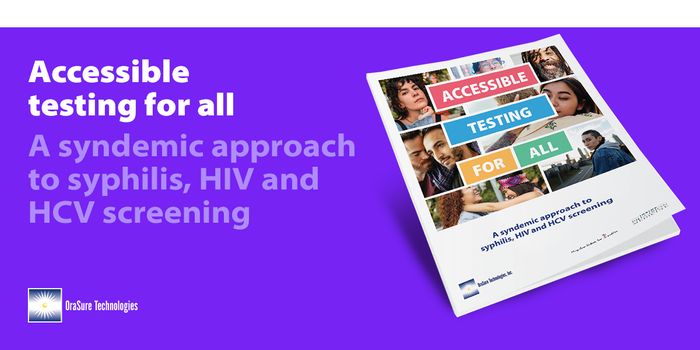Diabetes Drug Linked to Lower Risk of Dementia
A certain class of diabetes drug has been linked to a significant reduction in dementia risk. The corresponding study was published in JAMA Neurology and may have public health implications for preventing dementia.
Observational studies suggest that some glucose-lowering drugs may have a neuroprotective effect. Until now, however, the link between cardioprotective classes of glucose-lowering therapies and dementia risk has been inconsistent.
In the current study, researchers conducted a systematic review and meta-analysis of 26 randomized clinical trials involving 164, 531 participants. The studies compared cardioprotective glucose-lowering therapy with controls and reported cases of dementia or change in cognitive scores.
Ultimately, the researchers found no link between cardioprotective glucose-lowering therapy and reduced cognitive impairment or dementia. One drug however, known as GLP-1 receptor agonists (GLP-1Ras), was linked to a 45% lower dementia risk.
Glucose-lowering therapy also was not linked to a significant reduction in vascular or Alzheimer’s dementia. Whereas vascular dementia rates were numerically lower- although not statistically significant- in the glucose-lowering group, rates of Alzheimer’s dementia were numerically higher, although not statistically significant.
"This research represents a significant contribution to our understanding of how some diabetes medications may impact brain health,” said senior author of the study, Dr Catriona Reddin, researcher at the University of Galway, in a press release.
“Diabetes is a known risk factor for dementia, but whether glucose-lowering therapies can help prevent cognitive decline has remained unclear. Our findings suggest that GLP-1 receptor agonists, in particular, may have a protective effect on brain health,” she added.
Limitations to the findings include that most clinical trials did not systematically evaluate participants for dementia, leading to a low event rate. Other possible reasons behind the low event rate include the mean age of trial participants- standing at just 64.4 years old- and a relatively short follow-up period.
Sources: Science Daily, JAMA Neurology









